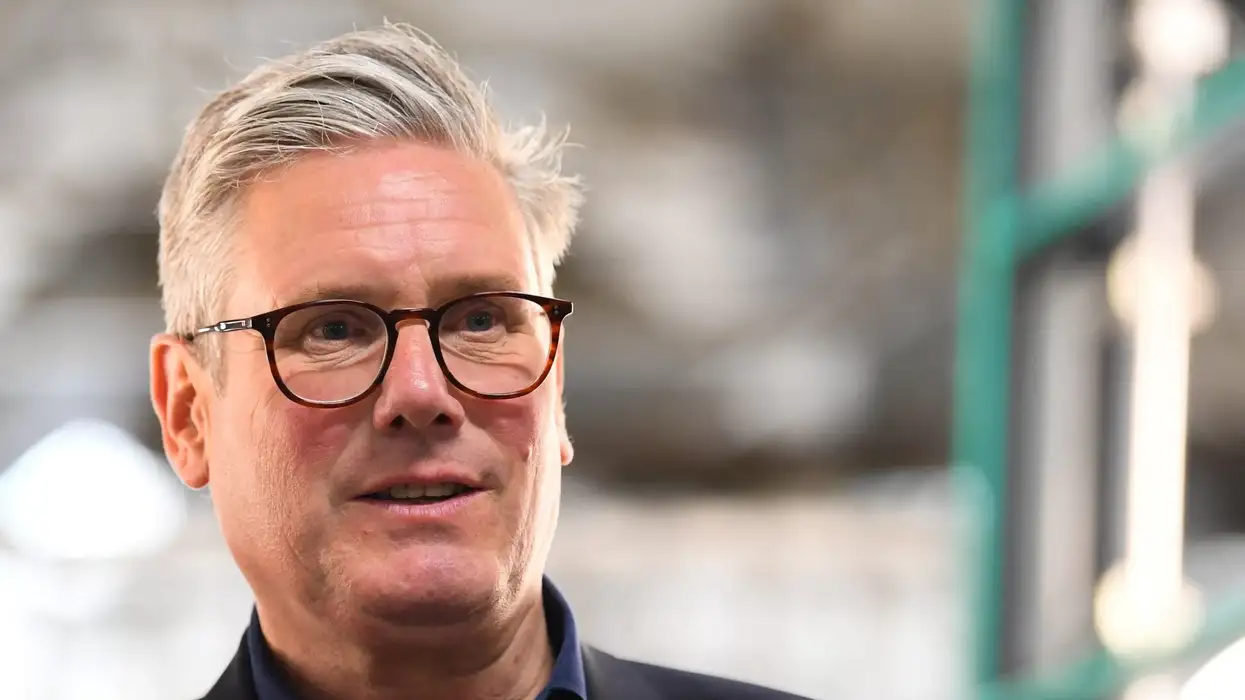A representative from Hackney black Labour socialists has condemned Keir Starmer’s treatment of Diane Abbott after he announced that her reinstatement will be decided by 4 June.
“It’s a vicious, fractional act that he [Keir Starmer] thinks he can get away with,” said Lucie Scott, who has been at the forefront of a campaign calling on Labour to reinstate the whip to Abbott.
Starmer said Labour’s investigation into Abbott’s comments about racism, which has lasted more than a year, will be completed by 4 June.
It means Abbott’s future in the party will be decided on the same day as Labour’s deadline for its final candidate selections.
Abbott was suspended from the Labour Party last year after she suggested Jewish people had not faced the same lifelong racism as other minorities.
“By not saying if she will be reinstated as the Labour candidate for Hackney North and Stoke Newington, Starmer is deliberately keeping her in suspense,” said Scott. “From his actions its clear he wants to eradicate Diane and tarnish her reputation and legacy”.
“There’s a lot of anger and deep stated pain – Diane being treated like that is an indication that our votes don’t matter” she continued.
The LDRS put these accusations to London Labour but have received no response.
It has not been confirmed if Diane will be standing as an independent candidate, but Scott said that Diane wants to be reinstated “to the party that she has been a member of for 40 years”.
A petition addressed to Starmer calling for the whip to be restored to Abbott has so far reached 15,000 signatures.
Diane Abbott has been approached for comment but has yet to respond.
In a post on X, formerly Twitter, Abbott said the future of her reinstatement has “everything” to do with Starmer, who had distanced himself from the decision-making process on BBC Radio 4’s Today programme last week.
“It’s not a question of what I want… the days when the leader of the Labour Party rolls up his or her sleeves and gets involved in disciplinary cases are well and truly over,” the Labour leader said. “That’s what Jeremy Corbyn did, and it ended very badly.”
(Local Democracy Reporting Service)












